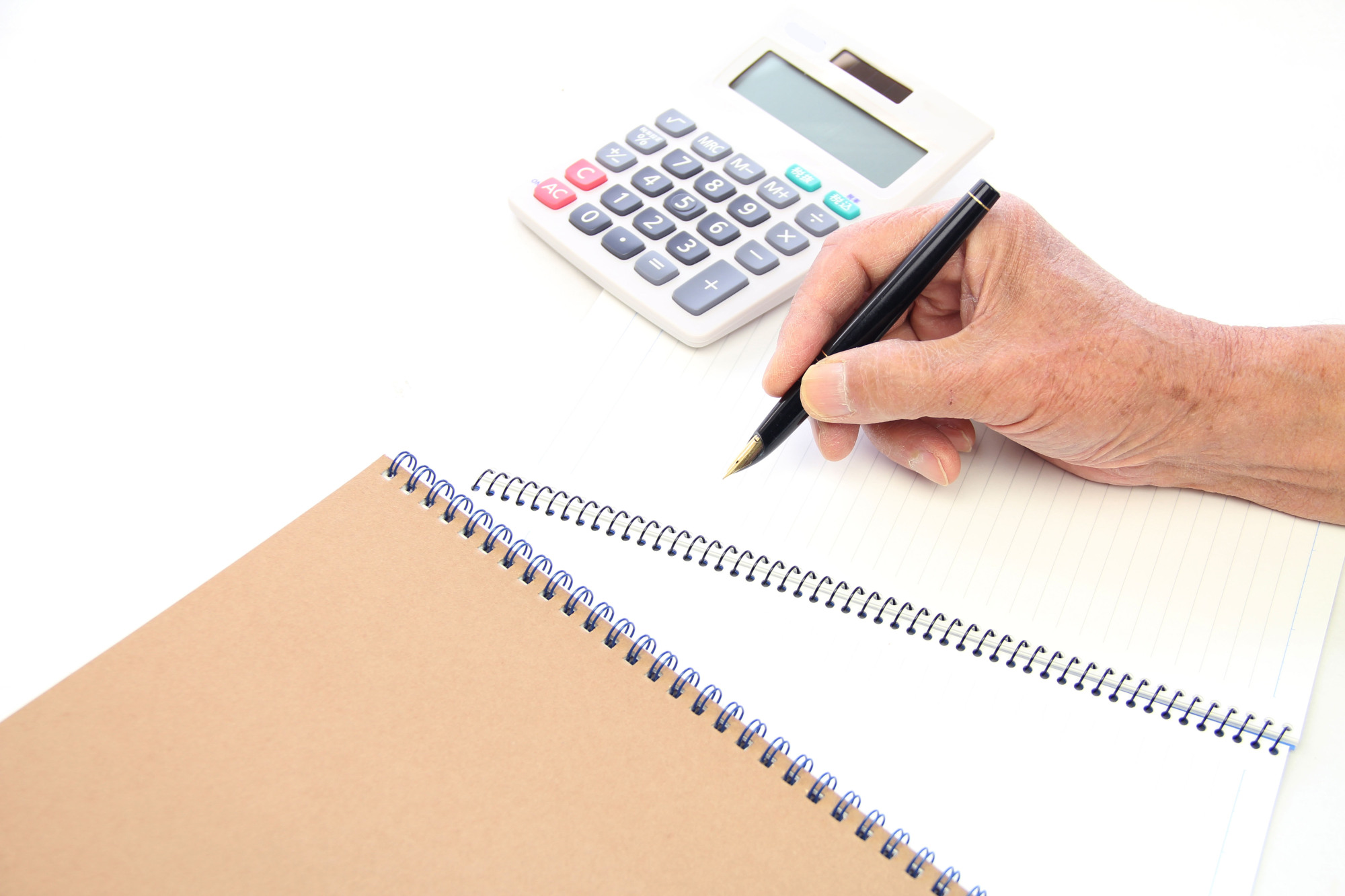At some point in the past decade, the international notion of “weird Japan” — a view in which the country produces more quirky and wacky trends than many other nations, regardless if said example is actually widespread — took a back seat to “boring but profound Japan.”
The pop cultural salvo of TV shows such as “Terrace House” and “Tidying Up with Marie Kondo” celebrated relatively dull activities — social interactions with relatively little drama and organizing one’s home, respectively — and connected with viewers abroad. Their country of origin added extra mystique to ho-hum happenings, nudging them close to being exoticized. Palestinian American intellectual Edward Said probably wouldn’t be a big fan of the KonMari philosophy.
Recently, another dull aspect of Japanese life has started morphing into a Western lifestyle trend. A CNBC article titled “I tried ‘Kakeibo’: The Japanese art of saving money — and it completely changed how I spend my money” has created something of a stir online. “Kakeibo” is the Japanese word for a household accounting book and, in recent times, it has morphed into a guiding principle … at least for websites in search of content. Sites such as Bustle and refinery29, among others, have published contributions on kakeibo, as have many niche finance blogs.



















With your current subscription plan you can comment on stories. However, before writing your first comment, please create a display name in the Profile section of your subscriber account page.